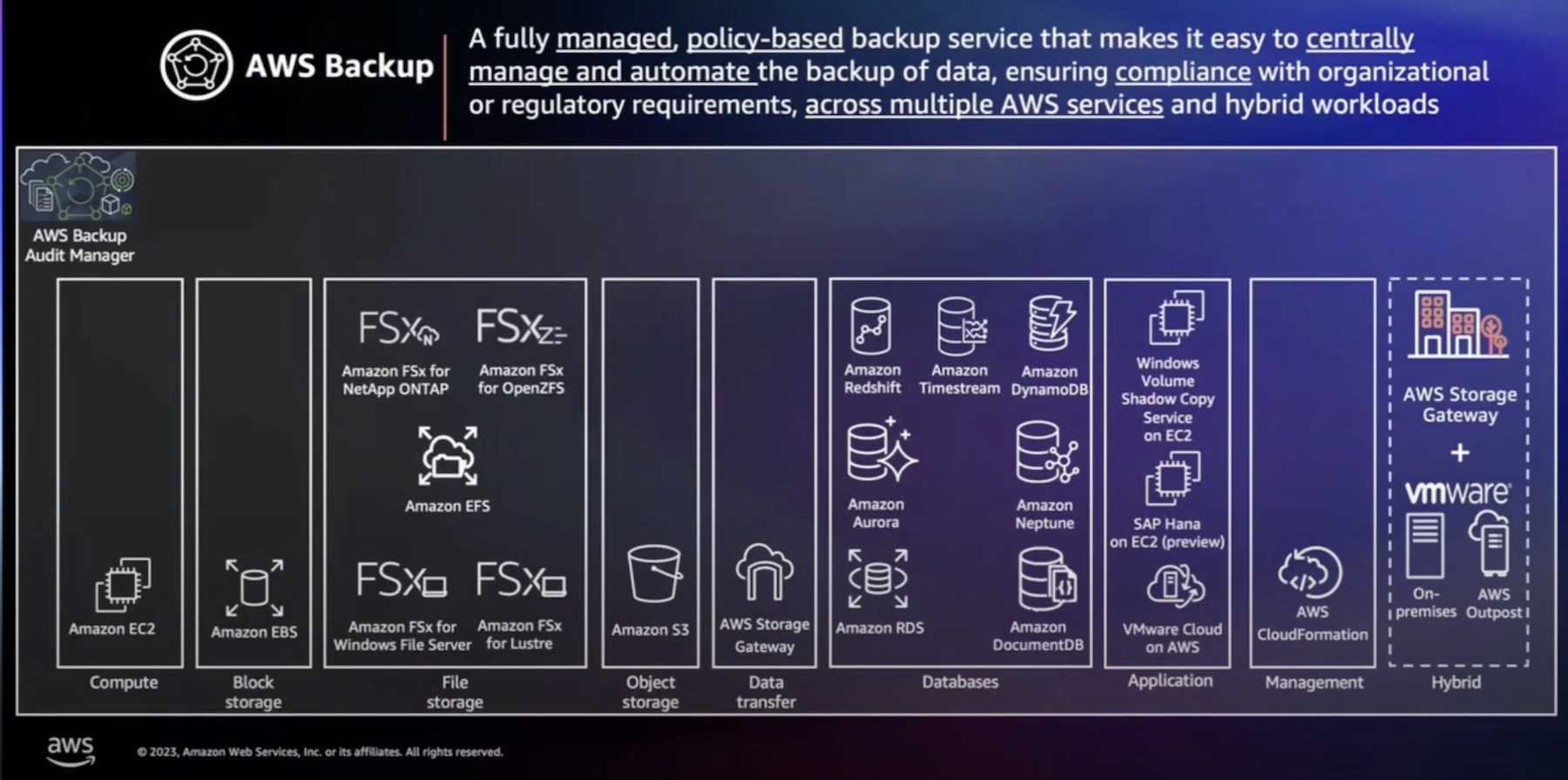When people think of cloud computing, they probably think of some version of the public cloud. I sometimes think this is due to Amazon dominating the category. If it was a lesser known brand to consumers, maybe public perception would be slightly different. But since we live in this particular slice of the multiverse, that’s the reality we live in.
For a lot of businesses, the public cloud has a lot to offer. Being able to turn to resources on demand offers a lot of agility compared to traditional infrastructure.
The private cloud doesn’t come to mind nearly as frequently, but it serves an important purpose. For many companies, due to compliance regulations, efficiency, or plain preference, the public cloud isn’t a viable options. They need the agility it provides, but run on their own devices.

Reach for the clouds!
Stratoscale is making a play at just such a private cloud. They have an interesting pitch. They realize most customers, even when they can’t for compliance purposes, really want to use Amazon. There’s a reason it dominates not just public imagination, but the market. So they’re offering a solution to offer the equivalent of a private AWS region.
The company takes a lot of issue with how many of its competitors approach both the private and hybrid cloud. They see a lot of these solutions as various forms of distributed storage, with storage companies provides services that happen to use the cloud. Stratoscale tasked itself with provide a comprehensive cloud solution. This includes storage, but doesn’t stop there.
In Stratoscale’s view, the enterprise is gradually transitioning from VMware to Amazon’s cloud. Since this is a process, they see themselves as a viable alternative. The key to this is OpenStack. The company is using this as a key component in building out their private cloud solution.
Now anyone who’s used OpenStack knows it’s not the easiest thing in the world to get up and running, or to maintain. Even though Stratoscale is using this as the base of their solution, they have built automation on top of it, both to ease deployment and to be resilient over time. The emphasized several times that their focus on the product was aimed at non-developers. They engineered the product to not require expertise in OpenStack to take advantage.
This allows Stratoscale to setup a scale out architecture, that can use clusters across a network to create a single namespace for functionality, creating your private cloud. From there, various services can be added on top, including data management, network abstraction management, and a compute engine.
Overall, the company is seeing real saving by splitting the difference with a private cloud. It’s purportedly five times cheaper than VMware, and half the cost of a comparable public cloud.
The minimum footprint to use their solution is a mere four servers, so it should fit most organizations. As far as scale, they’ve seen deployments well into the hundreds, giving plenty of room for growth.
The private cloud may not be first to come to mind, but Stratoscale wants to prove it can provide an affordable and simple alternative.




